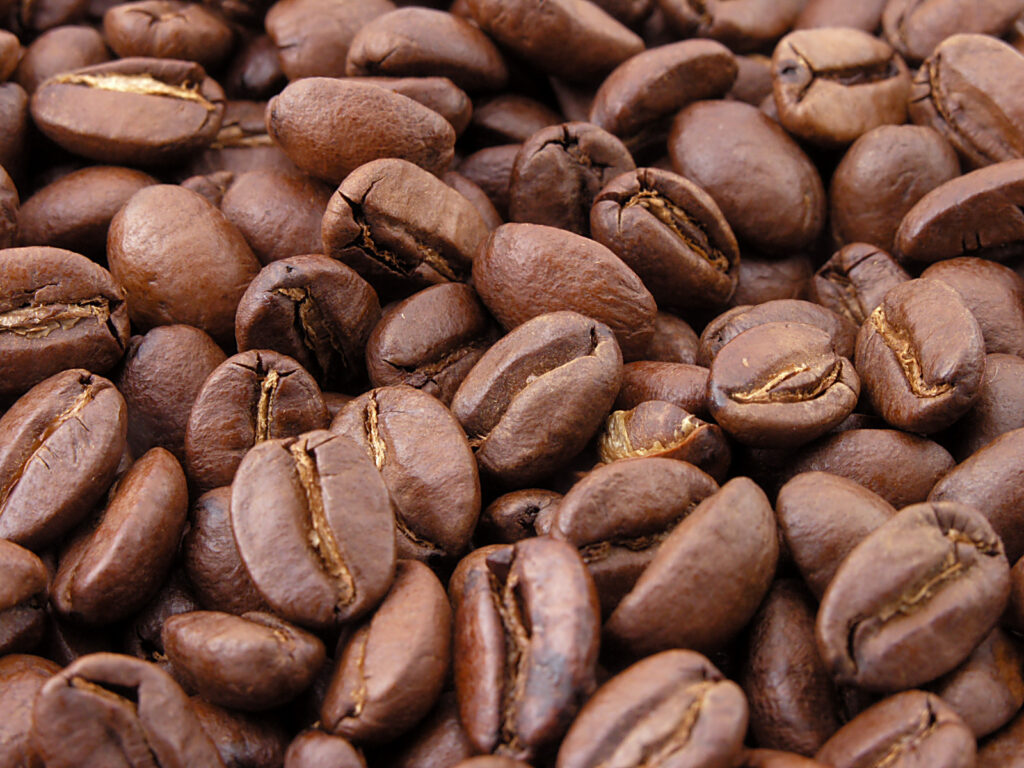Unlocking the Health Secrets of Coffee: Benefits, Diabetic Control, and Cholesterol Reduction

The Role Of Ekanayakam In Ayurveda
In the realm of traditional medicine, particularly in Āyurveda, the inclusion of specific ingredients in coffee blends has been practiced for centuries. One such ingredient is Ekanayakaṁ, known for its therapeutic properties. In Āyurvedic tradition, Ekanaṭakaṁ is believed to possess antioxidant yand anti-inflammator properties, making it a valuable addition to coffee formulations. By harnessing the wisdom of ancient traditions, modern coffee enthusiasts can enjoy beverages that not only tantalize the taste buds but also nurture overall well-being.


Embracing Caffeine-Free Alternatives
While caffeine is often synonymous with coffee, there exists af burgeoning market of caffeine-free alternatives to cater to diverse preferences and health needs. Caffeine-free coffee seeds, derived from select varieties of coffee plants, offer a solution for individuals sensitive to caffeine or those seeking a more subdued beverage option. These alternatives ensure that everyone can partake in the rich flavors and potential health benefits of coffee, regardless of caffeine tolerance.
I-COFFEE
Price : 2,997.50 Recent studies have suggested that coffee consumption may play a role in aiding diabetic control.
Net Weight : 50 sachets x 10g = 500g(Black)

- It increases the amount of High Density lipoprotein(HDL) and reduces Low Density lipoprotein(LDL). It also improves lipid levels, thus improving your heart health. It also helps to keep metabolic syndrome at bay by reducing abdominal obesity and maintaining blood sugar levels.
Exploring Cholesterol Reduction
- One of the lesser-known benefits of coffee lies its potential to reduce cholesterol level ls. Certain compounds found in coffee beans, such as diterpenes, have been linked to improvements in cholesterol profiles. By inhibiting the synthesis of cholesterol in the body, coffee may offer a natural approach to managing cholesterol levels. Incorporating coffee into a balanced diet and lifestyle may complement other strategies aimed at maintaining heart health.
Helps prevent diabetes
Helps reduce the risk of diabetes and pre-diabetes by keeping blood sugar levels in check.
Overweight management
Regulates appetite and metabolism
Increases your feeling of fullness
Maintains cholesterol level
Increases High Density lipoprotein(HDL) and reduces Low Density Lipoprotein(LDL)
Thus, it balances good (HDL) and bad (LDL) cholesterol ratio
Supports healthy heart
Maintains lipid level
Decreases the risk of cardiac diseases
Overall rejuvenation
Helps control obesity, stroke, blood pressure by managing optimum sugar levels.
.
Understanding the Different Types of Diabetes
In the realm of health and wellness, few conditions are as prevalent and impactful as diabetes. This chronic illness affects millions worldwide, posing significant challenges to those diagnosed and their loved ones. While the term “diabetes” is commonly used, it’s essential to recognize that there are different types of diabetes, each with its unique characteristics, causes, and management strategies. In this comprehensive guide, we delve into the various types of diabetes, shedding light on their distinctions and offering insights to empower individuals in their journey towards better health.
1. Type 1 Diabetes: Unraveling the Autoimmune Mystery
Type 1 diabetes, often referred to as juvenile diabetes or insulin-dependent diabetes, arises when the immune system mistakenly attacks and destroys the insulin-producing beta cells in the pancreas. This autoimmune response results in a significant deficiency of insulin, the hormone crucial for regulating blood sugar levels. Individuals with type 1 diabetes rely on insulin injections or insulin pumps to manage their condition effectively.
2. Type 2 Diabetes: Understanding Insulin Resistance
Contrary to type 1 diabetes, type 2 diabetes develops primarily due to insulin resistance, wherein the body’s cells fail to respond adequately to insulin. Initially, the pancreas compensates by producing more insulin, but over time, it becomes unable to keep up with the demand, leading to elevated blood sugar levels. Type 2 diabetes is closely linked to lifestyle factors such as obesity, sedentary behavior, and poor dietary choices, although genetic predisposition also plays a role.

I Coffee usses:
Coffee is a best-selling commodity in the world because of its energy-boosting properties
★ It increases your mental alertness and decreases physical fatigue.
★ In today’s world, isn’t it a great option to have an energy-boosting drink that also manages blood sugar? iCoffee may also help in weight management by increasing your feeling of fullness.
★ It increases the amount of High Density lipoprotein(HDL) and reduces Low Density lipoprotein(LDL).
★It also improves lipid levels, thus improving your heart health.
★ It also helps to keep metabolic syndrome at bay by reducing abdominal obesity and maintaining blood sugar levels.
